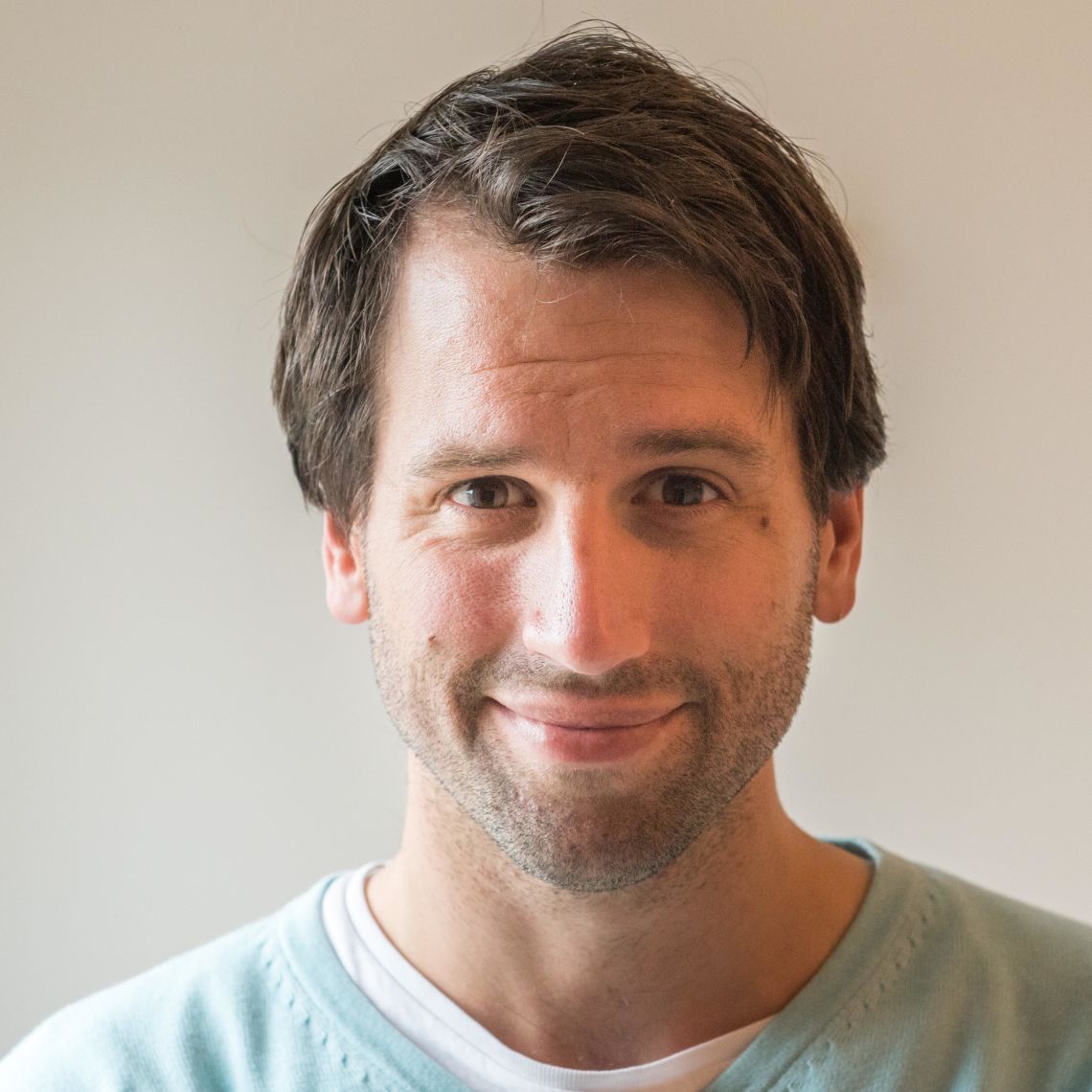
Research groups
Benoit Hastoy
PhD
Diabetes UK RD Lawrence Research Fellow
I am currently a Diabetes UK R.D Lawrence Fellow at the Oxford Centre for Diabetes Endocrinology and Metabolism (OCDEM) funded for 5 years. I investigate the impact of Type 2 Diabetes (T2D) risk variants on pancreatic beta-cell secretory capacity.
Type 2 Diabetes (T2D) is a complex disease involving the interaction between genetic and lifestyle factors. In T2D, β-cells do not secrete correct amount of insulin to reduce high blood-sugar levels after a meal. This defect can originate from the inability of β-cells to sense high blood sugar levels but also from their inability to deliver insulin. My fellowship focuses on the latter.
The process of conversion of proinsulin into insulin happens in secretory vesicles and this is well described. Along with the conversion of insulin, the secretory vesicle switches from an immature to a mature state. Normal insulin secretion involves mainly mature vesicles. Increased release of proinsulin is a T2D feature that can be the result of a default in insulin maturation, but can also be the result of a change in regulation of vesicular traffic. The latter suggests that a higher proportion of immature vesicles is involved. However, how the defective trafficking of immature vesicles in T2D occurs remains an enigma. The aim of my work is to identify the regulatory mechanisms of vesicle organisation supported by genes that are associated with T2D-risk. For this I use extensively the human beta cell line EndoC-βH1, and human primary islets when available.
Background: I started as a PhD student in Professor Jochen Lang's group in Bordeaux in 2008. My project was on the molecular mechanisms promoting exocytosis of insulin; more precisely, on the specific role of the transmembrane domain of the SNARE VAMP2 protein. I was also able to broaden my knowledge by interacting closely with researchers from different scientific backgrounds (biophysicians, bioinformaticians). In 2012, I moved to Oxford and joined Professor Patrik Rorsman's team for my first postdoctoral position. There, I learnt electrophysiology and broadened my skills on live cell imaging (i.e. calcium imaging). While involved in several collaborations, I characterised using electrophysiology the human beta-cell lines EndoC-betah1/-betah2. During this time, I also investigated the impact of T2D associated genes such as SOX4 on exocytosis. In January 2015, I joined Professors Anna Gloyn's and Mark McCarthy's teams as a postdoctoral researcher working on an MRC Experimental Challenge Grant (DIVA) awarded to Professors McCarthy, Gloyn, Karpe and Rorsman. As a member of the DIVA consortium, I investigated the cellular physiology that underlies genetic predisposition for diabetes such as those associated with PAM and SLC30A8 genes. In September 2019, I started my R.D Lawrence fellowship funded by Diabetes UK for 5 years.

